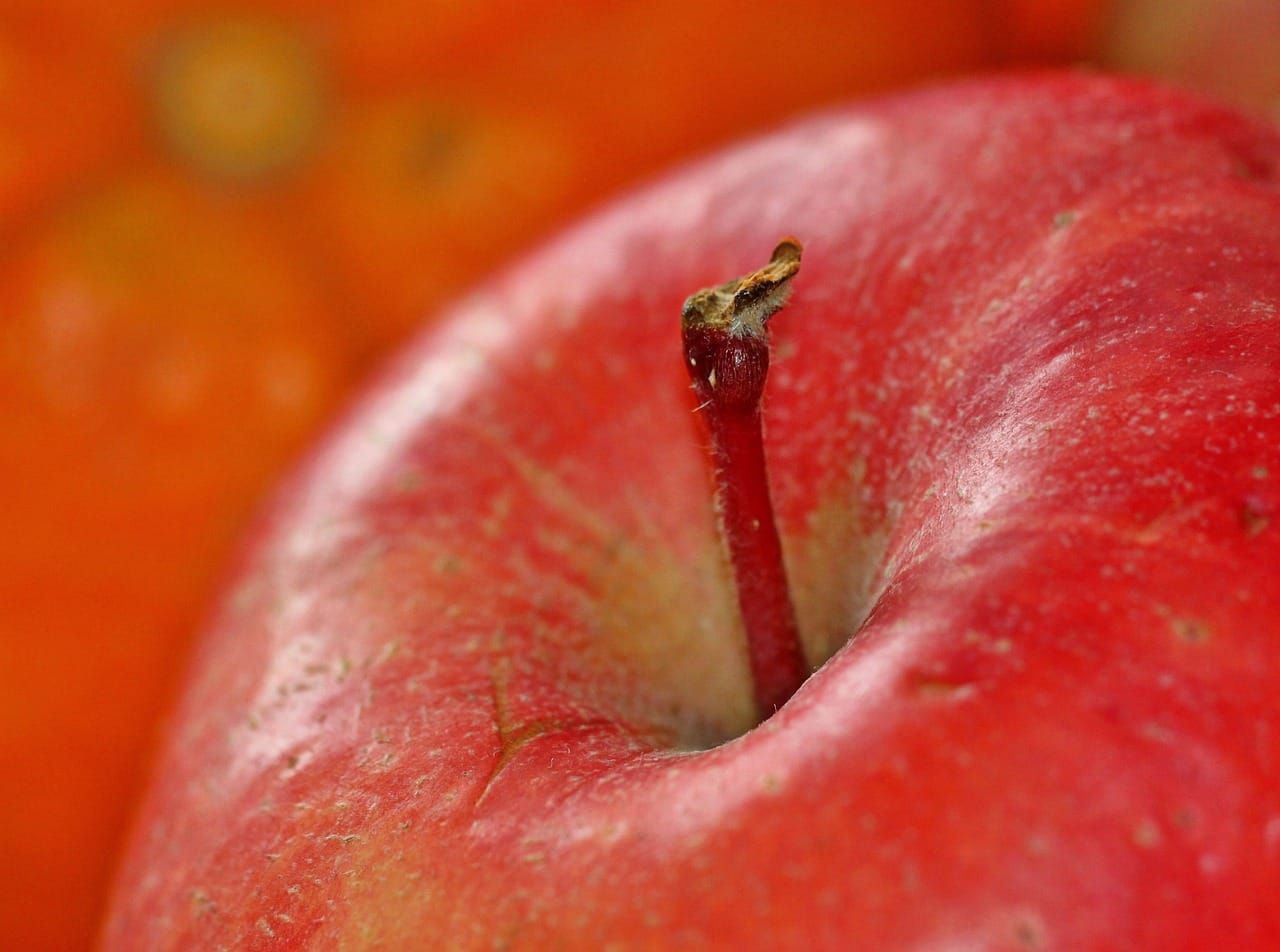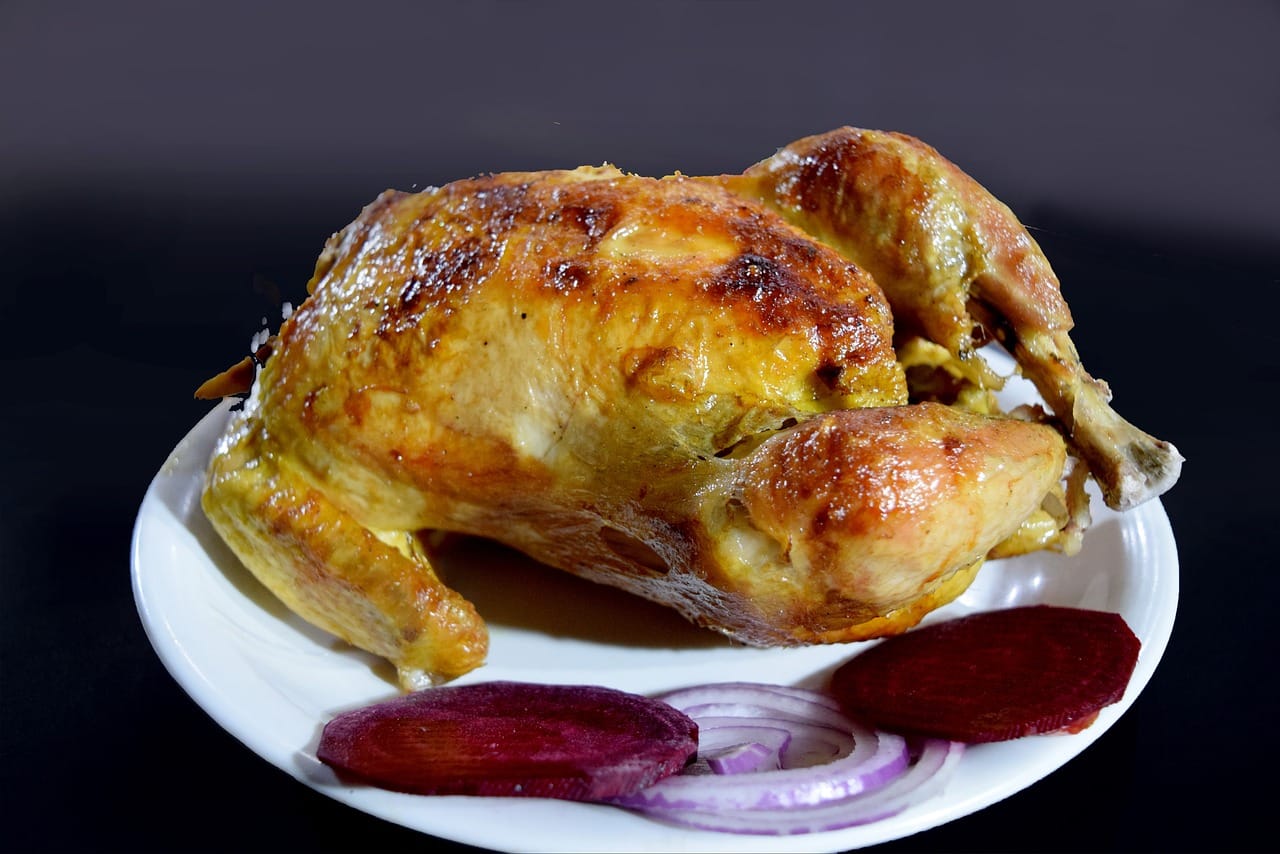Veggie burgers have come a long way from the bland, dry patties of the past. Today, they’re a delicious and versatile option for vegetarians, vegans, and anyone looking to reduce their meat consumption. With a wide array of flavors, textures, and ingredients, there’s a veggie burger out there for everyone. This comprehensive guide will explore everything you need to know about veggie burgers, from their health benefits to how to choose the best one and even how to make your own.
What is a Veggie Burger?
Definition and Key Ingredients
A veggie burger is a plant-based alternative to a traditional hamburger. Instead of ground beef, veggie burgers are made from a variety of ingredients, including:
- Beans and Legumes: Black beans, chickpeas, lentils, and soybeans provide protein and fiber.
- Vegetables: Beets, carrots, mushrooms, onions, and peppers add flavor, texture, and nutrients.
- Grains and Seeds: Quinoa, brown rice, oats, sunflower seeds, and hemp seeds contribute to the burger’s structure and nutritional profile.
- Binders: Breadcrumbs, flaxseed meal, chia seeds, and eggs (in non-vegan versions) help hold the burger together.
- Seasonings: Herbs, spices, and sauces (like soy sauce, Worcestershire sauce, or barbecue sauce) enhance the flavor.
Different Types of Veggie Burgers
Veggie burgers can be broadly categorized based on their primary ingredients:
- Bean-Based Burgers: Often made with black beans, kidney beans, or a mix of legumes. They tend to be hearty and have a slightly crumbly texture.
- Grain-Based Burgers: Feature ingredients like quinoa, brown rice, and oats. These often have a milder flavor and softer texture.
- Vegetable-Based Burgers: Highlight the flavors of various vegetables, such as beets, mushrooms, or sweet potatoes.
- Tofu or Tempeh Burgers: Made with tofu or tempeh, fermented soybean products that offer a substantial protein source.
- “Bleeding” Veggie Burgers: Newer varieties designed to mimic the look and taste of beef burgers, often using beet juice or other plant-based ingredients to simulate blood. These often use pea protein as their primary protein source.
The type of veggie burger you choose will influence its taste, texture, and nutritional value. Understanding the ingredients can help you find one that suits your preferences.
Nutritional Benefits of Veggie Burgers
Health Advantages Over Beef Burgers
Veggie burgers often offer several nutritional advantages over beef burgers:
- Lower in Saturated Fat: Generally, veggie burgers contain less saturated fat than beef burgers, contributing to better heart health. For example, a beef burger might have 8-10 grams of saturated fat, while a veggie burger might have 1-3 grams.
- Higher in Fiber: The beans, vegetables, and grains in veggie burgers contribute to a higher fiber content, promoting digestive health and satiety. A typical veggie burger can have 4-8 grams of fiber, compared to virtually none in a beef burger.
- Rich in Vitamins and Minerals: Veggie burgers are often packed with vitamins and minerals from the vegetables and other plant-based ingredients. They can be good sources of Vitamin A, Vitamin C, potassium, and iron.
- Cholesterol-Free: Most veggie burgers are naturally cholesterol-free, unlike beef burgers.
Potential Drawbacks to Consider
While generally healthy, it’s important to be aware of potential drawbacks:
- Sodium Content: Some commercially prepared veggie burgers can be high in sodium, especially those that are heavily processed. Check the nutrition label and choose options with lower sodium levels.
- Processing and Additives: Some veggie burgers may contain a long list of ingredients, including artificial flavors, preservatives, and fillers. Opt for options with simpler, recognizable ingredients whenever possible.
- Allergens: Be mindful of potential allergens like soy, gluten, nuts, or seeds, especially if you have dietary restrictions.
- Protein Content: While many veggie burgers offer a good source of protein, some may have lower protein content than beef burgers. If protein intake is a concern, look for options with ingredients like beans, tofu, or pea protein.
Choosing the Best Veggie Burger
Reading Labels and Understanding Ingredients
Carefully reading nutrition labels is crucial for selecting a healthy and satisfying veggie burger. Pay attention to:
- Ingredients List: Prioritize burgers with whole, recognizable ingredients as the primary components.
- Serving Size: Note the serving size and adjust your calculations accordingly.
- Calories: Be mindful of the calorie count, especially if you’re watching your weight.
- Fat Content: Focus on total fat, saturated fat, and trans fat. Choose options with lower saturated and trans fat levels.
- Sodium Content: Aim for lower sodium levels (ideally less than 300mg per serving).
- Fiber Content: Look for burgers with a good source of fiber (at least 3 grams per serving).
- Protein Content: Ensure the burger provides a sufficient amount of protein (at least 10 grams per serving).
- Added Sugars: Limit added sugars, which can contribute to empty calories.
Flavor Profiles and Texture Preferences
Consider your personal preferences when choosing a veggie burger:
- Flavor: Do you prefer a savory, earthy, spicy, or sweet flavor profile? Different veggie burgers cater to different tastes.
- Texture: Do you prefer a firm, crumbly, or soft texture? Experiment with different types to find your preferred texture. Some people dislike overly mushy veggie burgers.
- Intended Use: Are you planning to grill, pan-fry, or bake the burger? Some veggie burgers hold up better to certain cooking methods than others.
For example, if you enjoy a smoky flavor, a black bean burger seasoned with chipotle peppers might be a good choice. If you prefer a meaty texture, a burger made with mushrooms and lentils could be a better option.
Brand Recommendations and Reviews
Explore different brands and read reviews to get a sense of the quality and taste of various veggie burgers. Some popular brands include:
- Beyond Meat: Known for its “bleeding” veggie burgers that closely mimic the taste and texture of beef.
- Impossible Foods: Another popular brand offering realistic meat alternatives.
- Amy’s Kitchen: Offers a wide variety of organic and vegetarian options, including veggie burgers.
- Dr. Praeger’s: Known for its vegetable-forward burgers with simple ingredients.
Reading online reviews from other consumers can provide valuable insights into the taste, texture, and cooking performance of different veggie burger brands.
Cooking and Serving Veggie Burgers
Cooking Methods: Grilling, Pan-Frying, Baking
Veggie burgers can be cooked using various methods:
- Grilling: Preheat the grill to medium heat. Lightly oil the grill grates to prevent sticking. Cook the burgers for 4-5 minutes per side, or until heated through and slightly browned. Be careful, as some veggie burgers are more delicate and prone to falling apart.
- Pan-Frying: Heat a skillet over medium heat with a little oil. Cook the burgers for 5-7 minutes per side, or until heated through and browned.
- Baking: Preheat the oven to 375°F (190°C). Place the burgers on a baking sheet lined with parchment paper. Bake for 15-20 minutes, or until heated through and slightly browned.
Tip: Avoid overcooking veggie burgers, as they can become dry and crumbly. A slight sear on the outside is ideal.
Toppings and Condiments
Enhance your veggie burger with a variety of toppings and condiments:
- Classic Toppings: Lettuce, tomato, onion, pickles, and cheese (vegan or dairy).
- Sauces: Ketchup, mustard, mayonnaise (vegan or traditional), barbecue sauce, sriracha mayo, and pesto.
- Unique Toppings: Avocado, sprouts, roasted red peppers, grilled onions, mushrooms, and kimchi.
Experiment with different combinations to create your perfect veggie burger experience. Consider the flavor profile of the burger itself when choosing toppings. For example, a spicy black bean burger might pair well with avocado and a lime crema.
Serving Suggestions and Side Dishes
Serve your veggie burger on a bun, in a lettuce wrap, or on top of a salad. Pair it with complementary side dishes such as:
- Salads: Coleslaw, potato salad, quinoa salad, or a green salad.
- Fries: Sweet potato fries, regular fries, or seasoned fries.
- Vegetables: Grilled vegetables, roasted vegetables, or steamed vegetables.
- Chips and Dip: Tortilla chips with salsa or guacamole.
Making Your Own Veggie Burgers
Basic Recipe and Ingredient Ratios
Making your own veggie burgers allows you to control the ingredients and customize the flavor to your liking. Here’s a basic recipe:
Ingredients:
- 1 cup cooked beans (e.g., black beans, chickpeas)
- 1/2 cup cooked grains (e.g., quinoa, brown rice)
- 1/2 cup chopped vegetables (e.g., onion, carrot, pepper)
- 1/4 cup breadcrumbs or oat flour
- 1 tablespoon flaxseed meal mixed with 3 tablespoons water (egg replacement)
- 1-2 tablespoons spices (e.g., cumin, chili powder, garlic powder)
- Salt and pepper to taste
Instructions:
- Mash the beans in a large bowl.
- Add the cooked grains, vegetables, breadcrumbs, flaxseed meal mixture, spices, salt, and pepper.
- Mix well until combined.
- Form the mixture into patties.
- Cook the patties using your preferred method (grilling, pan-frying, or baking).
Tips for Success and Flavor Variations
Here are some tips for making delicious homemade veggie burgers:
- Don’t Overmix: Overmixing can result in tough burgers. Mix just until the ingredients are combined.
- Moisture Control: If the mixture is too wet, add more breadcrumbs or oat flour. If it’s too dry, add a little water or vegetable broth.
- Chill Before Cooking: Chilling the patties for at least 30 minutes before cooking helps them hold their shape.
- Get Creative with Flavors: Experiment with different spices, herbs, and vegetables to create unique flavor combinations. Some ideas include adding roasted garlic, sun-dried tomatoes, or smoked paprika.
- Add a Binder: Using a binder like mashed sweet potato or cooked lentils can help the burgers stick together.
For example, you could create a Mediterranean-inspired veggie burger by adding chopped olives, feta cheese (if not vegan), and oregano to the basic recipe. Or, try a spicy Southwestern version with corn, black beans, and chili powder.
Conclusion
Veggie burgers are a versatile and delicious option for anyone looking to incorporate more plant-based meals into their diet. From their impressive nutritional benefits to the endless flavor possibilities, they offer a satisfying alternative to traditional beef burgers. By understanding the different types of veggie burgers, carefully reading labels, and experimenting with cooking methods and toppings, you can find (or create!) the perfect veggie burger to suit your taste and dietary needs. So, fire up the grill or grab your skillet and get ready to enjoy a healthy and flavorful veggie burger experience!




